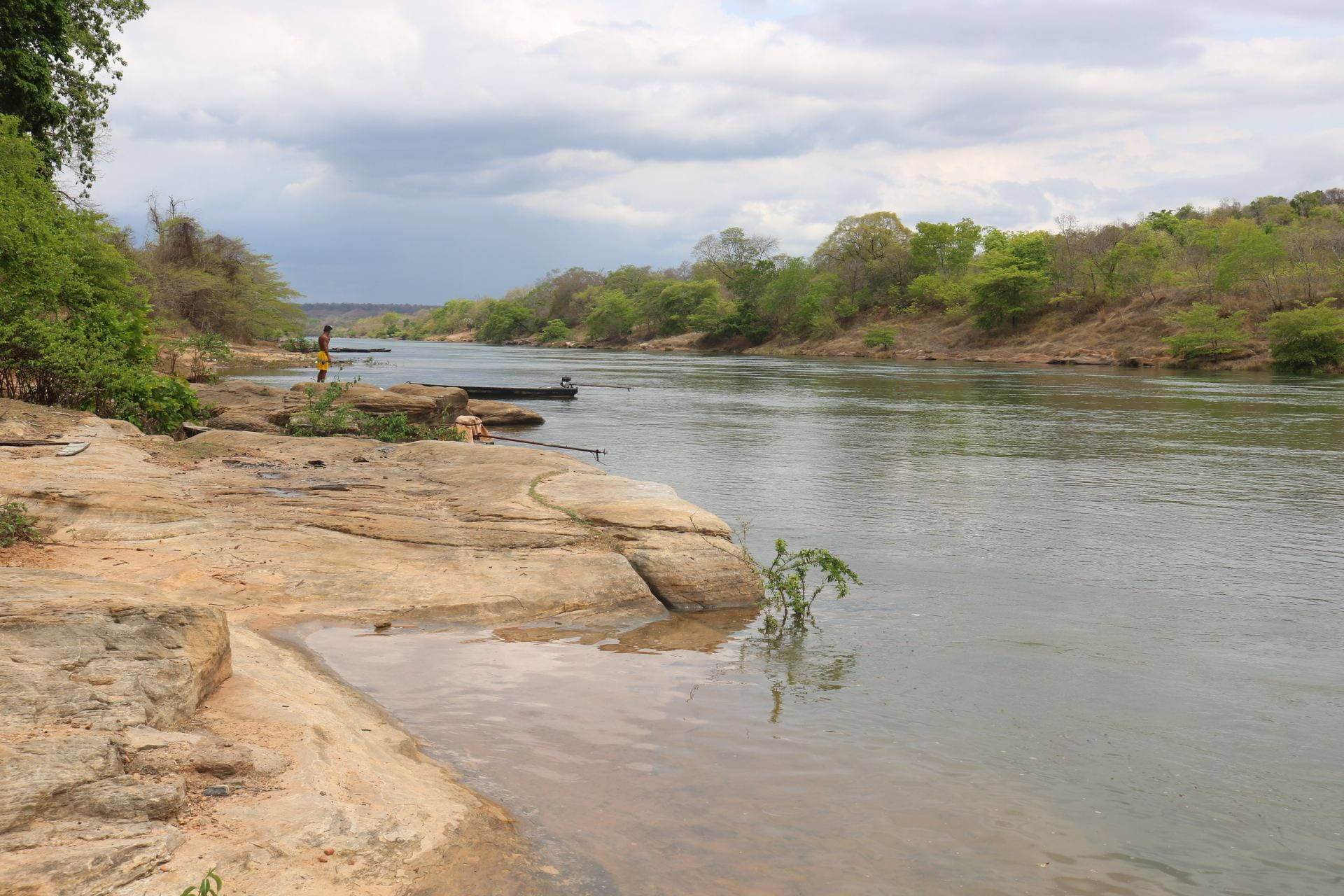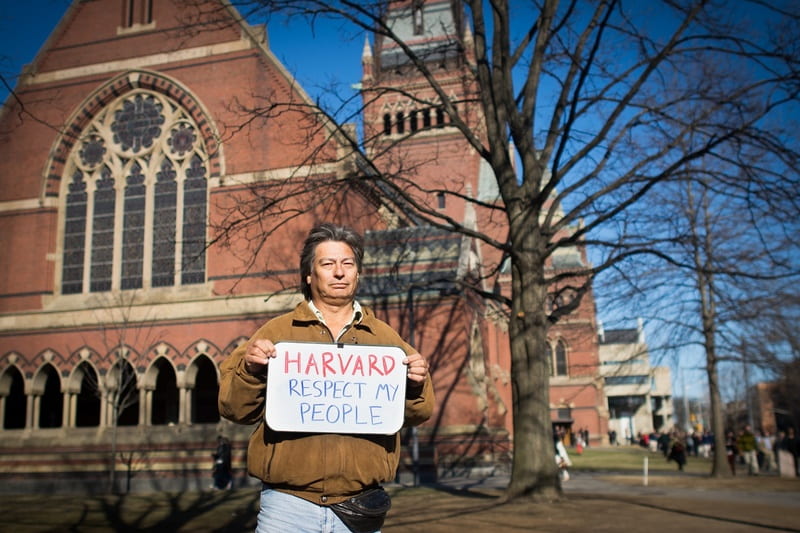by | Jul 8, 2021
In the Spring of 2021, I came across a group of international researchers and activists who had been investigating Harvard’s farmland investments in Brazil and worldwide. As a member of the Harvard community, who strongly believes in the university’s core values, and as a Brazilian, I feel the urge to share this story.
In 2007-2008, the triple subprime, housing and commodity crises deeply affected the global financial market. Time was of the essence for investors to come up with new solutions. In 2008, several university endowments, pension funds and other institutional investors started buying farmland worldwide because its price continued to rise on international markets. These investors included the Harvard Management Company (HMC, which manages Harvard’s endowment) and the Teachers Insurance and Annuity Association (TIAA, which manages the university’s pension funds). Together, the two companies have invested billions of dollars into buying hundreds of thousands of acres across the United States, Brazil, Poland, Romania, Russia, Ukraine, South Africa, Australia and New Zealand.
None of these investments were made directly into buying farmland, as shown by various academic dissertations and scientific papers. HMC and TIAA channeled money through U.S.-based, tax-exempt subsidiaries registered in tax havens. The money then flowed to subsidiaries in the target countries to be managed by local business groups, which identified and purchased the lands and later managed the farms on behalf of HMC and TIAA. The complex architecture of these operations ultimately complicated the tracking down of the capital sources.

Photo by Caio de Freitas Paes
According to a series of specialized reports, these financial speculations were undertaken without legal or ethical due diligence. The case of Brazil, where the consequences have been particularly dire, is paradigmatic. In May 2019, the Brazilian institute in charge of land matters (INCRA) produced a technical report declaring invalid dozens of rural property acquisitions made by TIAA. In October 2020, a court of justice in the state of Bahia ordered that the records for a set of farmlands be blocked for having been illegally acquired by a Brazilian subsidiary of HMC. The specialized reports state that HMC’s and TIAA’s financial speculations have contributed to the displacement and harassment of long-established communities, environmental destruction and conflicts over water.
The HMC and the TIAA are among several international financial companies that have acquired rural property in a Brazilian region known as Cerrado, a savannah biome – a large naturally occurring community of flora and fauna occupying a major habitat – where farmland prices were relatively low and had the potential to increase in market value. The surge in financial speculation in the Cerrado has escalated deforestation and land conflicts as investors made room for soybean, sugarcane and other agricultural commodities.
As the specialized reports demonstrate, local land grabbers typically claimed that the territory was vacant but often resorted to violence and intimidation to remove local people. In light of that, the World Bank wrote in a Project Information Document that “disorderly and illegal occupation of rural land (grilagem) is common” in the area, “generating tax losses and other adverse social, environmental and economic effects.”

Parnaíba River in the quilombola community Artur Passos, in the municipality of Jerumenha, state of Piauí. Photo: Daniela Stefano
Safeguarding the Cerrado is vital for both environmental and humanitarian reasons. The biome is the world’s most biodiverse savannah, containing 5% of global biodiversity. It is also critical to the preservation of the Amazon and a major water source for Brazil’s most important water basins. Finally, it is home to more than 80 indigenous ethnic groups and a variety of long-established peoples whose status is recognized under Brazilian law. Financial speculation has been harmful to the Cerrado, as exemplified by the impacts on the community of Baixão Fechado. There, two farms, owned respectively by the HMC (Fazenda Fortaleza) and the TIAA (Fazenda Ludmilla), have caused deforestation, displaced residents, hindered their access to water and polluted the environment with pesticides. The residents of Baixão Fechado no longer had a way to earn their living. They had to start relying on trucks to obtain water and began having severe health problems due to pesticide pollution such as coughing, dizziness, stomach aches, low blood pressure and a rise in cases of cancer.
The specialized reports concluded that the HMC and the TIAA pursued farmland acquisitions despite years of public demands for greater due diligence as well as internal pressure. Kat Taylor, a former member of the Harvard Board of Overseers, resigned her position in May 2018 in protest against the university’s failure “to adopt ethical commitments” while investing “in activities and products that undermine the well-being of our communities, nation and planet.”
Although farmland acquisitions were profitable for the top fund managers, they have not paid off financially for the university. The overall failure of this strategy and the perception of its impacts have made Harvard pull back over the past years. But while the university tries to sell off some of its farms, a dreadful legacy is left behind: one that essentially contradicts Harvard’s core values and recognized commitment to creating a more just, fair and promising world. The Harvard community needs to be fully informed about how the aforementioned financial operations came to be. Furthermore, it is important to know which guidelines are now in place to prevent the repetition of the same kind of financial speculation. After a careful inventory of local damages, the university should consider economic and environmental reparations to the affected local communities.

Adrián Obregón, a Guaraní farmer and community leader from Argentina, at the Harvard campus in April 2014 to meet with students, workers and administrators about the impacts of the Harvard endowment fund’s investments on his community. Photo by the Responsible Investment at Harvard Coalition
fonte:https://revista.drclas.harvard.edu/harvards-farmland-investments-in-brazil/











